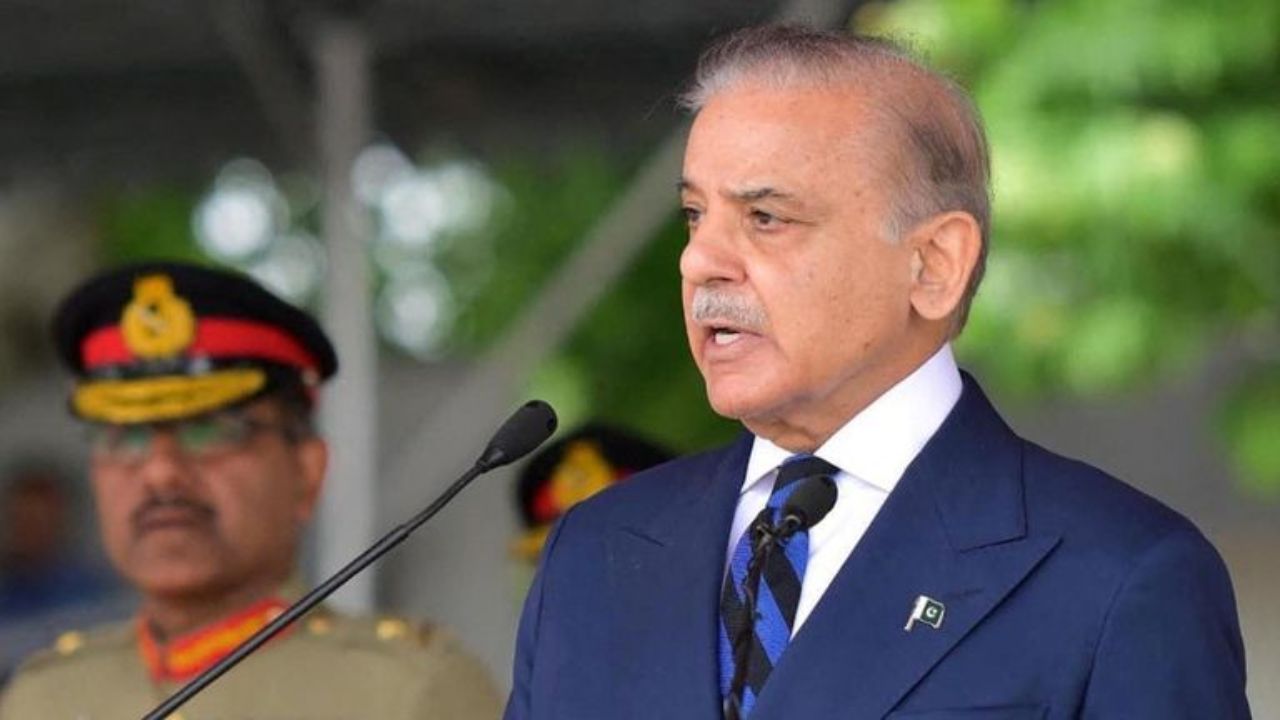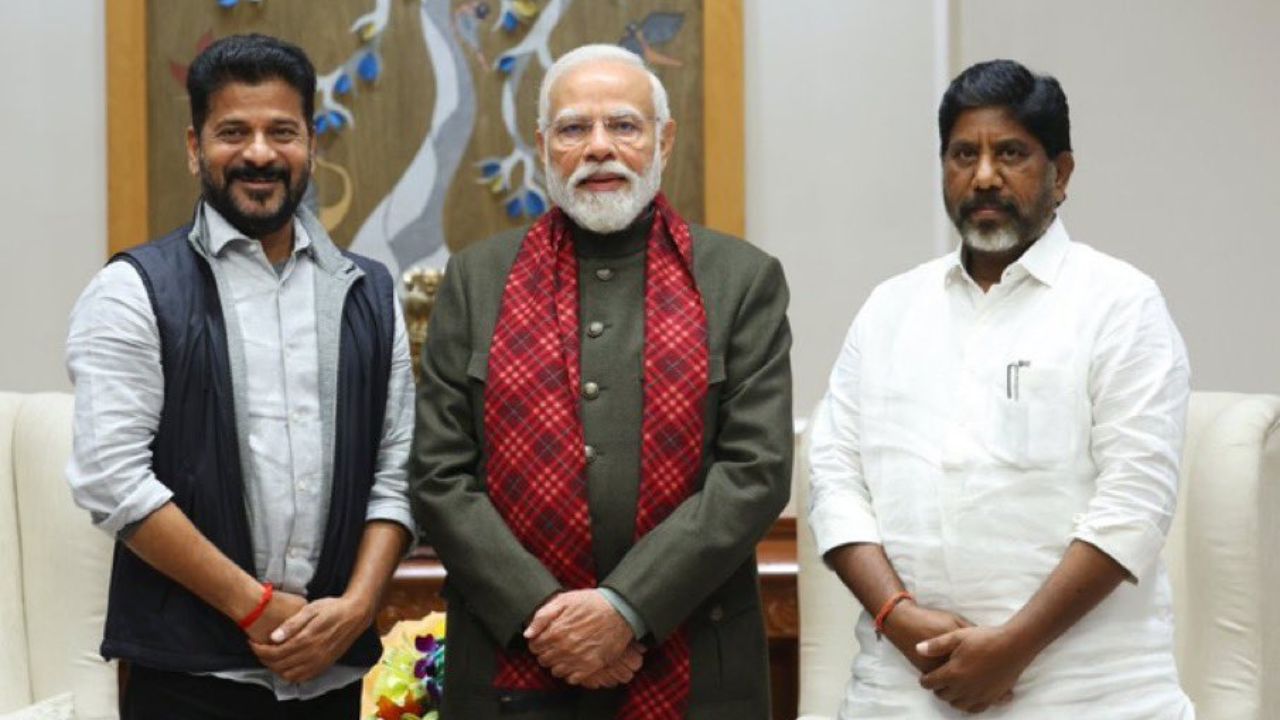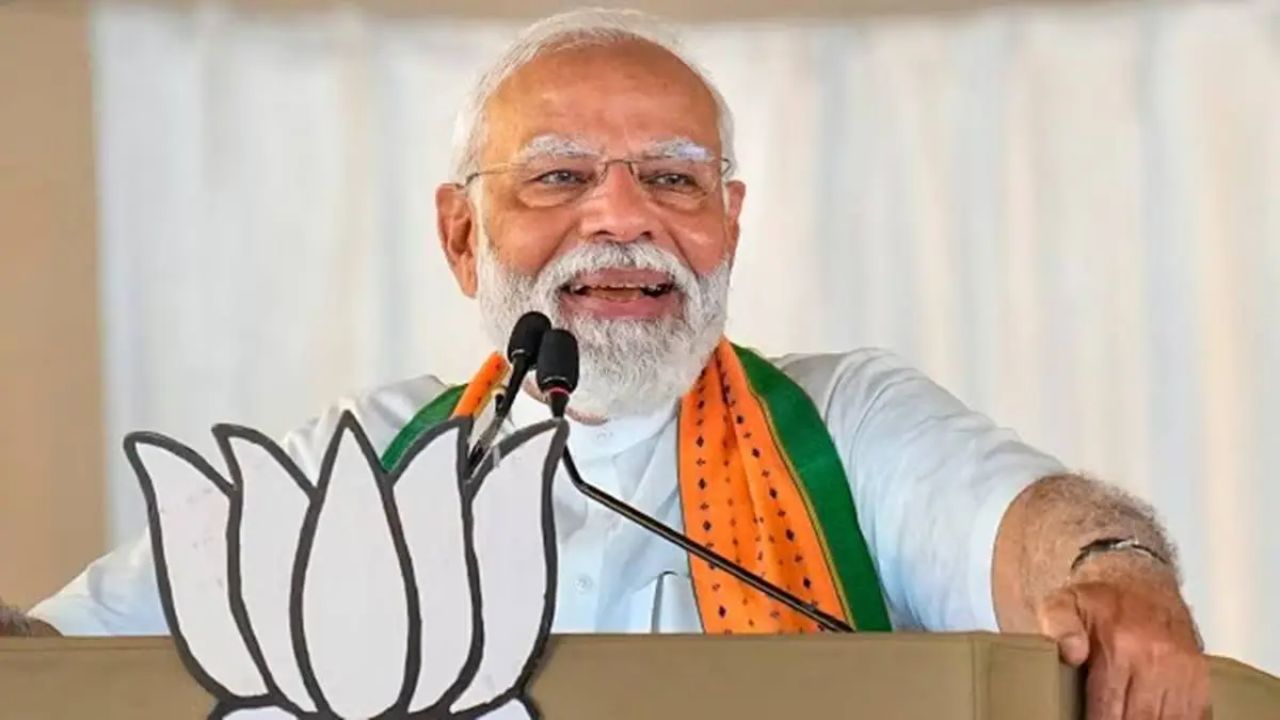Can President Droupadi Murmu Influence Change After Her Outcry Over Kolkata Rape-Murder?
When the President of India publicly expresses outrage, especially in strong terms, it commands attention. President Droupadi Murmu's recent statements on the rape and murder of a 31-year-old doctor in Kolkata, declaring “enough is enough,”

When the President of India publicly expresses outrage, especially in strong terms, it commands attention. President Droupadi Murmu’s recent statements on the rape and murder of a 31-year-old doctor in Kolkata, declaring “enough is enough,” are unprecedented. Such remarks from the head of state are typically seen as a serious indictment of both state and central governments, signaling a demand for accountability and action.
This statement could be interpreted as a call for West Bengal Chief Minister Mamata Banerjee to ensure that those responsible are not shielded and for the Centre to ensure that the CBI’s investigation is fair and transparent, keeping the state government informed of its progress.
However, in a politically polarized environment, other questions arise. Is there an underlying push for President’s Rule in West Bengal, especially with recent meetings between West Bengal Governor C.V. Ananda Bose and the Union Home Minister? Some have also pointed out the lack of focus on other severe cases of assault, such as those in Manipur.
The BJP, having struggled to outmaneuver Mamata Banerjee politically, may be tempted by the idea of imposing President’s Rule, particularly as the Chief Minister appears vulnerable. However, central rule can only be imposed if the constitutional machinery breaks down; a constitutionally elected government cannot be dismissed solely due to law-and-order issues. Such a move could be politically risky, potentially destabilizing West Bengal and affecting India’s eastern and northeastern regions, given the unstable situation in neighboring Bangladesh.
Political Reactions and Protests
The Kolkata rape-murder case has prompted a flurry of political reactions, with parties using the opportunity to attack each other. Beyond the political point-scoring, there is a critical need for unified efforts to ensure justice.
Political responses to similar cases have often been selective. For instance, Congress leaders Rahul Gandhi and Priyanka Gandhi Vadra actively protested the 2020 Hathras gang-rape and murder, but have yet to visit Kolkata despite condemning the recent case. The BJP’s response to Hathras was also criticized, as it occurred in a state governed by the BJP at the time.
While competitive politics plays a role in a parliamentary democracy, there should be a limit to its application, especially in cases involving severe human rights abuses. The focus should be on effective action rather than political maneuvering.
The Role of Capital Punishment and Legal Reforms
The public and political outcry following the Kolkata incident has reignited debates on capital punishment and legal reforms. Both Mamata Banerjee and Prime Minister Narendra Modi have called for tougher anti-rape laws and more severe punishments. However, the effectiveness of capital punishment as a deterrent remains debatable.
India has some of the strictest anti-rape laws, but the challenge lies in their implementation. Despite initiatives like the Nirbhaya Fund and the Nirbhaya helpline established after the 2012 Delhi gang-rape case, a significant portion of the fund remains unused, reflecting a lack of will and effective strategy.
President Murmu’s Potential Impact
President Murmu’s election was seen as a moment of pride and inspiration, particularly for tribal women. Her strong words on the Kolkata case have set high expectations. All eyes are on her to see if she can drive a “change in mindset” and influence the system within the limits of her constitutional role.
Former President A.P.J. Abdul Kalam was known for his outreach to children, earning the title “children’s President.” Similarly, President Murmu has the potential to champion women’s rights and challenge societal attitudes that view women as lesser beings.
In the end, the broader truth is that society as a whole must confront its conscience when it comes to crimes against women.




